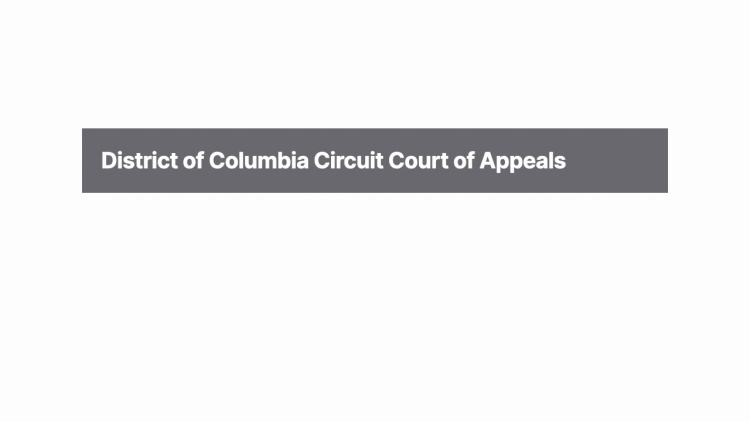Weyerhaeuser Co. v. Costle
United States Court of Appeals for the District of Columbia Circuit
590 F.2d 1011 (1978)
- Written by Liz Nakamura, JD
Facts
The pulp and paper mill industry (Paper) (plaintiff) challenged the Environmental Protection Agency’s (EPA) (defendant) Best Practicable Control Technology (BPT) standards for controlling effluent from the sulfite process, which created the industry’s highest pollution load. Paper challenged the sulfite effluent BPT standard, arguing (1) the EPA must consider receiving water capacity when setting effluent limits; (2) the EPA did not properly weigh the cost-benefit analysis and should have balanced it against other, non–water quality environmental factors to determine the net environmental benefit; and (3) the cost-benefit analysis should be an incremental analysis measuring the cost-benefit of each additional increment of pollution control rather than an overall cost-benefit analysis. When setting the BPT standards initially, the EPA had conducted an overall cost-benefit analysis and had found that the cost to the industry was outweighed by the substantial decrease in sulfite pollution. The EPA did not conduct an incremental review. The cost-comparative, incremental analysis Paper submitted to the EPA showed that the cost of the last and most expensive sulfite effluent control increment was less than the average cost of treating other pollutants controlled by BPT standards.
Rule of Law
Issue
Holding and Reasoning (McGowan, J.)
What to do next…
Here's why 907,000 law students have relied on our case briefs:
- Written by law professors and practitioners, not other law students. 47,100 briefs, keyed to 996 casebooks. Top-notch customer support.
- The right amount of information, includes the facts, issues, rule of law, holding and reasoning, and any concurrences and dissents.
- Access in your classes, works on your mobile and tablet. Massive library of related video lessons and high quality multiple-choice questions.
- Easy to use, uniform format for every case brief. Written in plain English, not in legalese. Our briefs summarize and simplify; they don’t just repeat the court’s language.





